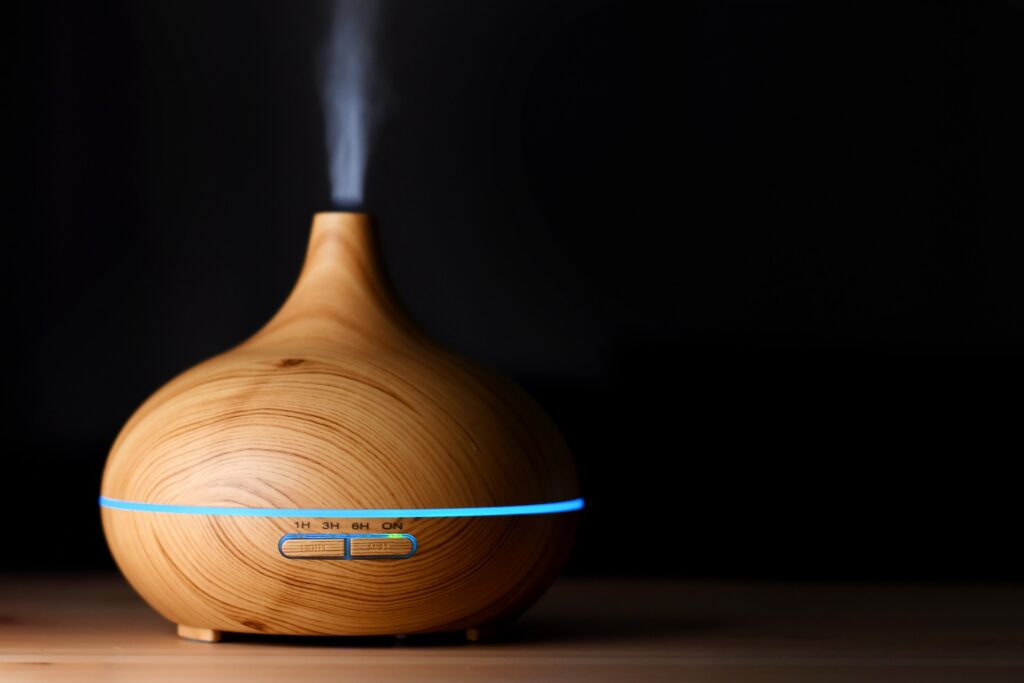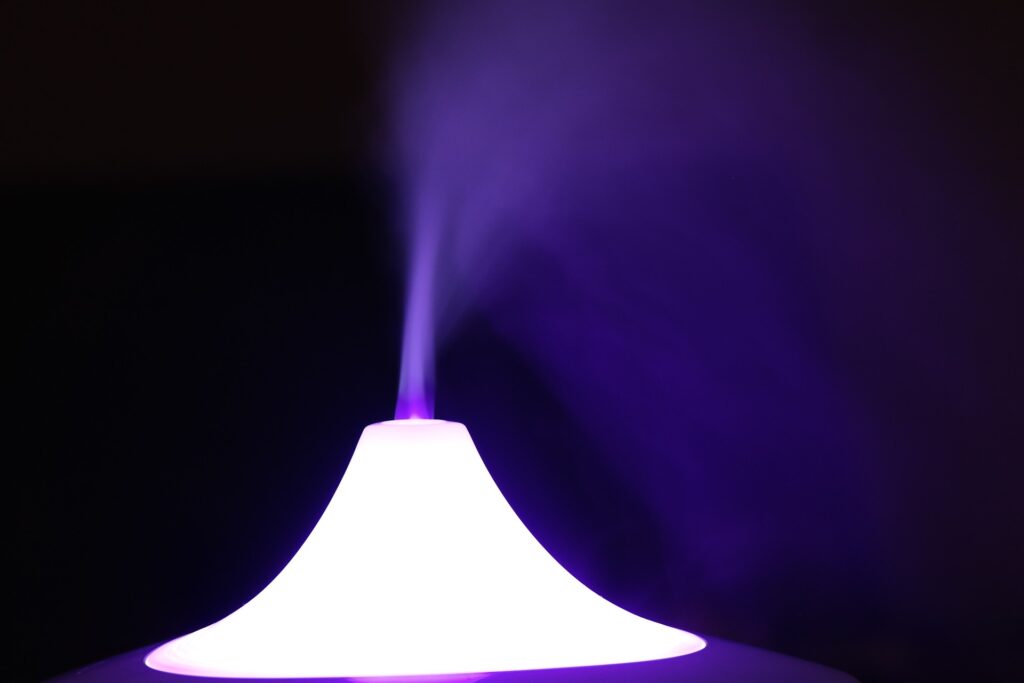
If you’re like most people, you probably don’t think much about the air quality in your home. But did you know that the air inside your home can be up to five times more polluted than the air outside? Indoor air pollution is a real problem, and it’s only getting worse as we seal up our homes to be more energy-efficient.
One way to improve indoor air quality is to use a humidifier or an air purifier (or both). But how do you know which one is right for you? Let’s take a closer look at humidifiers and air purifiers to see which one is best for your home.
The benefits of using a humidifier or air purifier
There are many benefits to using a humidifier or air purifier in your home. Depending on your needs, you may find that one or both of these devices can improve the quality of your indoor air.
Some of the benefits of using a humidifier include:
– Prevents dryness in the air, which can be beneficial for people suffering from allergies or respiratory conditions.
– Helps to loosen mucus and phlegm, making it easier to expel from the body.
– Reduces static electricity in the home.
– Keeps wood floors, furniture, and musical instruments from drying out and cracking.
Some of the benefits of using an air purifier include:
– Removes dust, pollen, and other allergens from the air.
– Eliminates smoke, pet dander, and other odors from the air.
– Reduces the spread of illnesses by removing viruses and bacteria from the air.
Humidifier vs air purifier
Most people are familiar with the idea of an air purifier, but fewer know about humidifiers. An air purifier’s primary function is to remove particles from the air, while a humidifier is to add moisture.
Air purifiers are often used to remove allergens, such as dust, pollen, and pet dander. They can also remove smoke and other pollutants. Some air purifiers use UV light or activated charcoal filters to trap particles.
Humidifiers come in two types: warm-mist and cool-mist. Warm-mist humidifiers vaporize water before releasing it into the air, while cool-mist humidifiers use a fan to disperse moisture. Humidifiers can help alleviate dry skin, nosebleeds, and static electricity. They can also help reduce snoring and coughs.
Both air purifiers and humidifiers can be used year-round, but they are especially helpful in the winter when indoor heating systems dry out the air.

The best time to use a humidifier or air purifier
There is no one definitive answer to this question since it depends on your specific needs and situation. However, in general, you should use a humidifier when the air in your home is dry and you want to add moisture. Conversely, you should use an air purifier when the air in your home is polluted or contains allergens that you want to remove.
How often do you use a humidifier or air purifier
There is no easy answer when it comes to how often you should use a humidifier or air purifier. It depends on many factors, including the type of unit you have, the climate you live in, your home’s ventilation, and your family’s health.
Here are some general guidelines:
-In dry climates, humidifiers can be used year-round.
-In hot, humid climates, air purifiers may be used more often in the summer months when pollen and other allergens are high.
-If someone in your family suffers from asthma or allergies, you may need to use a unit more often.
-If you have a new baby or pet, you may want to use a humidifier or air purifier more often to help keep the air clean and fresh.
The best way to determine how often to use your unit is to consult the manufacturer’s directions. They will have specific recommendations based on the type of unit you have.
The proper way to use a humidifier or air purifier
Using a humidifier in your home, office, or other indoor spaces can help reduce static electricity, minimize sinus and respiratory problems, combat dry skin, and make the air feel less dry. A humidifier adds moisture to the air, which is essential for keeping your sinuses and skin hydrated.
An air purifier, on the other hand, filters out pollutants such as dust, pollen, smoke, and pet dander from the air. This can help reduce allergies and asthma symptoms. Air purifiers are also effective at removing odors from the air.
The benefits of using a humidifier in conjunction with an air purifier
It’s no secret that the quality of the air we breathe can have a significant impact on our health. While most of us are aware of the benefits of using an air purifier to remove pollutants and allergens from the air, many people are not familiar with the benefits of using a humidifier.
In fact, using a humidifier in conjunction with an air purifier can offer even more protection against the harmful effects of indoor air pollution. Here’s a look at some of the benefits of using a humidifier:
Humidifiers add moisture to the air, which can help to ease respiratory distress and provide relief from coughing and congestion.
The added moisture can also help to reduce static electricity and prevent your skin from drying out.
Humidifiers can also help to protect your furniture and wood floors from cracking and splitting.
In addition to the above benefits, using a humidifier can also help to reduce your heating bills by allowing you to set your thermostat at a lower temperature.
The potential risks of using a humidifier or air purifier
Humidifiers and air purifiers are two devices that are often used in homes and office spaces to improve air quality. While both devices can offer benefits, there are also potential risks associated with their use.
Humidifiers increase the level of moisture in the air, which can help to alleviate dry skin, congestion, and other respiratory problems. However, if the humidifier is not cleaned regularly, it can become a breeding ground for bacteria and mold. In addition, humidifiers can increase the risk of dust mites and other allergens in the environment.
Air purifiers remove pollutants from the air, including pollen, dust, smoke, and pet dander. While this can improve air quality for people with allergies or asthma, it is important to note that air purifiers do not remove all allergens from the environment. In addition, some air purifiers produce ozone as a by-product of their filtration process. Ozone is a gas that can be harmful to human health at high levels.
How to choose the right humidifier or air purifier for your home
Choosing the right humidifier or air purifier for your home depends on many factors, such as the size of your home, the climate you live in, your budget, and your specific needs.
There are many different types of humidifiers and air purifiers on the market, so it’s important to do your research before making a purchase. Consider the following factors when choosing a humidifier or air purifier for your home:
-Size: The size of the unit is important to consider because you want to make sure it will be able to cover the square footage of the room or area you want to use it in.
-Climate: If you live in a dry climate, you may need a humidifier to add moisture to the air. On the other hand, if you live in a wet or damp climate, an air purifier may be a better choice for you.
-Budget: Air purifiers and humidifiers can range in price from around $30 to $300. Decide how much you are willing to spend on this purchase before beginning your search.
-Features: Some units come with additional features like filters, timers, and automatic shut-offs. Consider which features are most important to you before making your final decision.